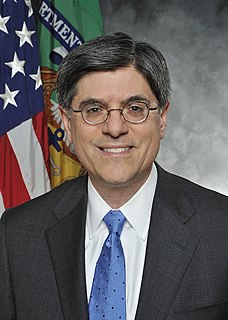A Quote by Jill Stein
I don't want to revisit history or try to re-interpret it, you know, but starting from where we are now, given the experience that we've had in the last, you know, since 2001, which has been an utter disaster, I don't think it's benefited us. Half of our discretionary budget, right, it's like 54% of our discretionary budget right now is being spent on the military. This is not working.
Related Quotes
I don't think I could advocate for increasing NASA's budget by a factor of two or ten, because I want us to have good roads in our country. I want us to have good education in our country. And NASA's budget is part of a discretionary budget, and we can't make that bigger without taking away other things.
Senator McGovern is very sincere when he says that he will try to cut the military budget by 30%. And this is to drive a knife in the heart of Israel... Jews don't like big military budgets. But it is now an interest of the Jews to have a large and powerful military establishment in the United States... American Jews who care about the survival of the state of Israel have to say, no, we don't want to cut the military budget, it is important to keep that military budget big, so that we can defend Israel.
I'm a different kind of Republican. I've introduced a five-year balanced budget. I've introduced the largest tax cut in our history. I stood for ten and a half hours on the Senate floor to defend your right to be left alone. But I've also gone to Chicago. I've gone to Detroit. I've been to Ferguson, I've been to Baltimore, because I want our party to be bigger, better and bolder...
Economist Frederick Thayer has studied the history of our balanced-budget crusades and has come up with some depressing statistics. We have had six major depressions in our history (1819, 1837, 1857, 1873, 1893 and 1929); all six of them followed sustained periods of reducing the national debt. We have had almost chronic deficits since the 1930s, and there has been no depression since then - the longest crash-free period in our history.
In the budget, the president will call for a five-year freeze on discretionary spending other than for national security. This will reduce the deficit by more than $400 billion over the next decade and bring this category of spending to the lowest share of our economy since Dwight Eisenhower was president.
And so out of the blue the call did come and said, you know, "Would you be - would you consider turning this [The Starter Wife] now into a series?" And so obviously that was a shock. And all the conversations began. And, you know, and now we're here. Now we're finishing up our last episode right now.































